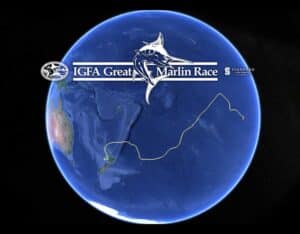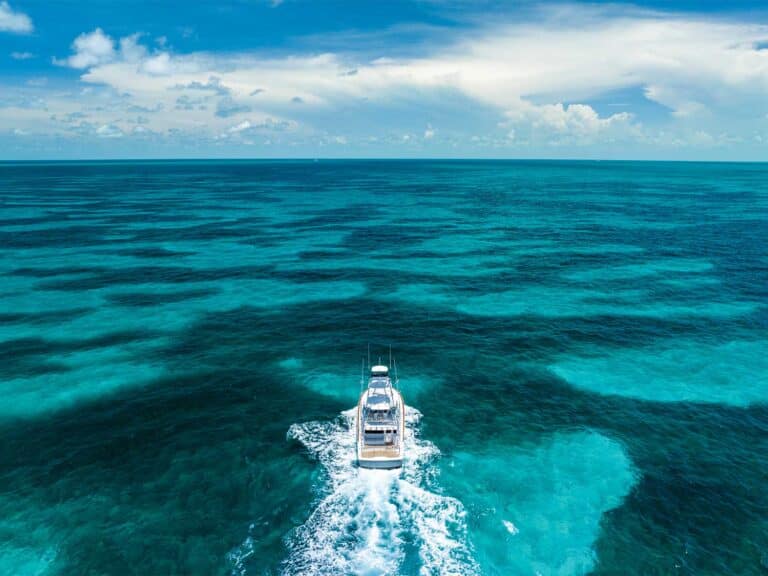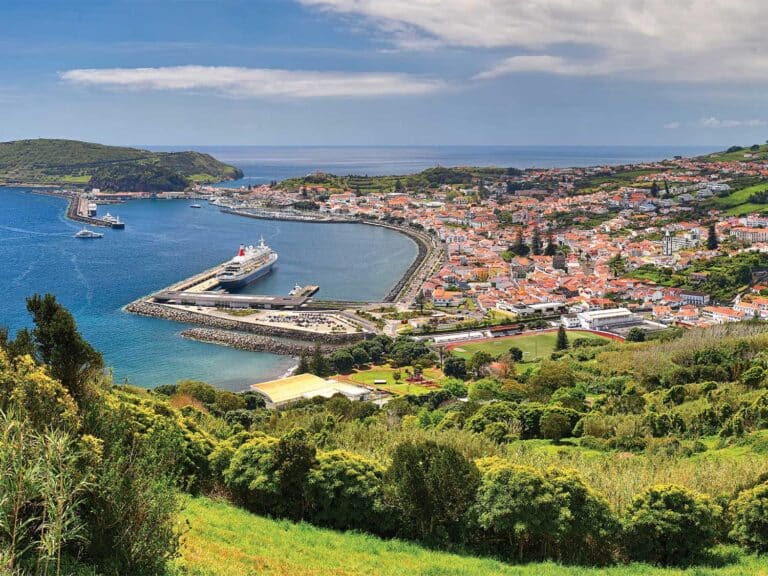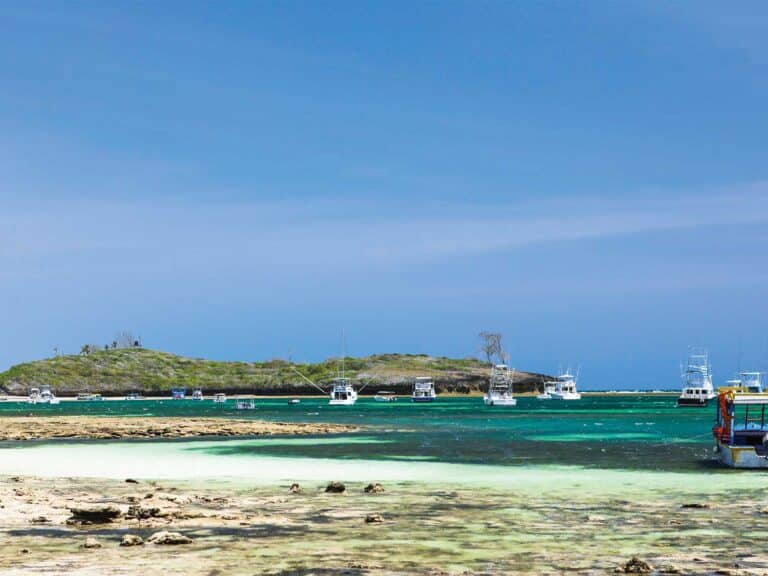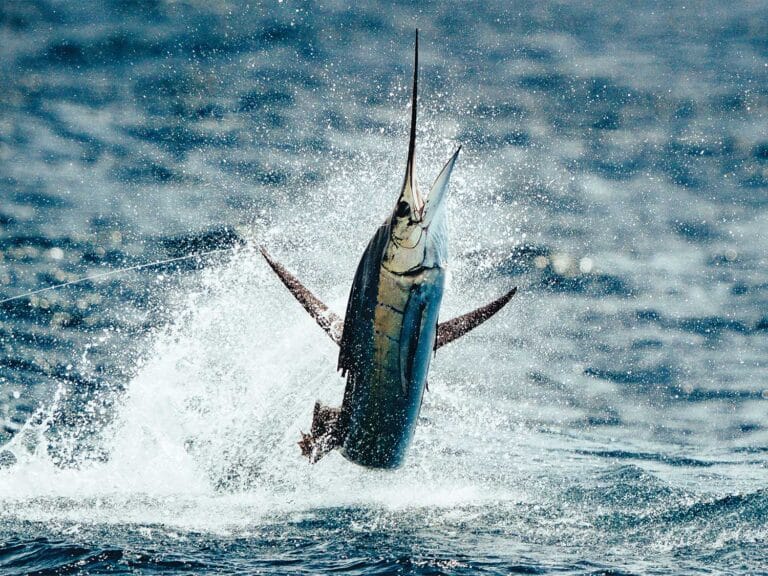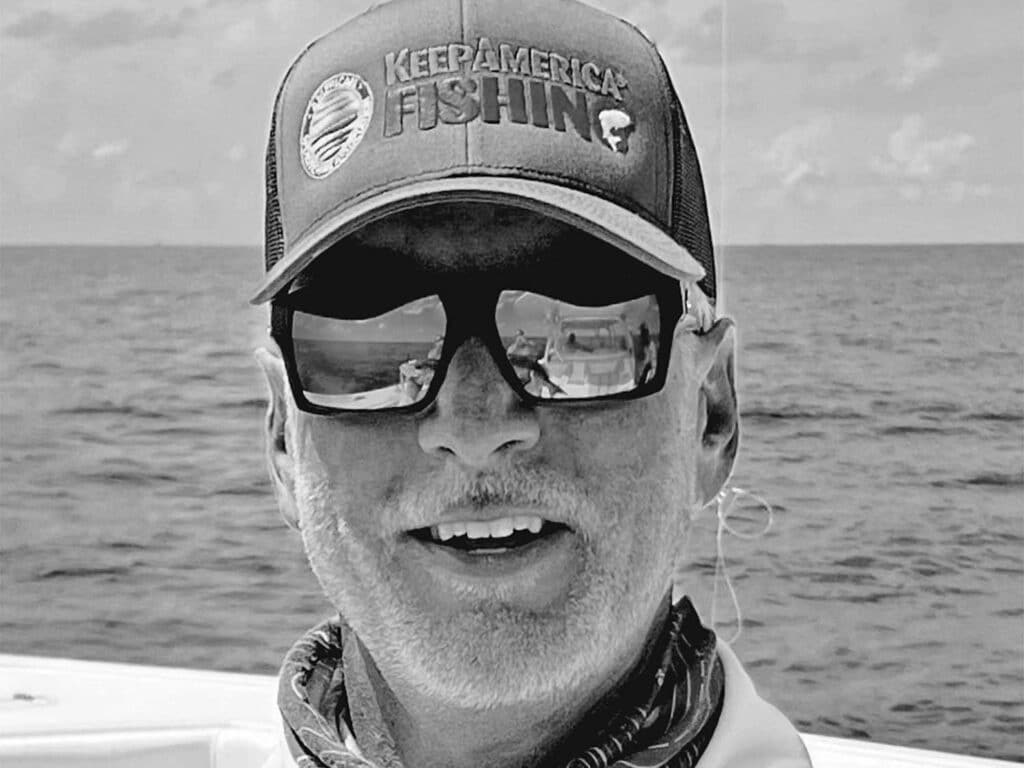
Subscribe to Marlin magazine and get a year of highly collectible, keepsake editions – plus access to the digital edition and archives. Sign up for the free Marlin email newsletter.
Given the fast-paced nature of our government, it is easy to overlook the connection between fishing and politics. However, over 940 fishing-related bills have already been introduced this year in statehouses and Congress, according to the Congressional Sportsmen’s Foundation.
During this ever-changing period, the sport-fishing industry needs an unwavering advocate, and the American Sportfishing Association is proud to fill that role.
Since 1933, ASA has worked endlessly to advance the interests of the industry and recreational-fishing community. Along the way, it has earned incredible victories, ensuring clean water, abundant fisheries and access for 57.7 million American anglers. Setting its sights on another successful year, ASA is prepared to tackle the industry’s largest problems, including tariffs, fishing closures and heavy-handed regulations.
Beyond furthering policy priorities, ASA closely monitors the National Oceanic and Atmospheric Administration and its fishery-policy division, the National Marine Fisheries Service. Operating under new Secretary of Commerce Howard Lutnick, NOAA manages all fisheries in federal waters offshore. This titanic jurisdiction makes NOAA a main driver of saltwater policy, but its approach can be misguided, placing unnecessary burdens on anglers and the industry.
One example of this overreach was NOAA’s proposed North Atlantic Right Whale Vessel Speed Rule, which would have limited boats over 35 feet to 10 knots from Massachusetts to Florida for six months each year. Following years of protest, NOAA withdrew its proposal in January. This decision was made after considering public feedback like yours, which stressed the harm a slow zone would cause while suggesting alternative safety technology solutions to protect marine mammals and angling opportunities. The debate is far from over, though, and ASA expects NOAA to revive these proposals in the future. ASA will continue to work with Lutnick, Congress and the Trump administration to find a durable solution that protects both right whales and access to saltwater fisheries.
Forward-thinking legislation such as the SHARKED Act, which cleared the House of Representatives in January, would improve angler experiences by providing research and funding to combat shark depredation. Additionally, the MAPOceans Act, which was recently introduced in the Senate, would improve access for anglers by enhancing mapping technologies to better visualize boat launches, season restrictions and closed areas. ASA looks forward to seeing these priority bills through.
Your influence with elected officials can alter the outcome on these issues. Please consider signing up for Keep America Fishing email alerts at asafishing.org and supporting the SportfishingPAC to make your voice heard. Together we can ensure the health of our recreational fisheries for generations to come.


